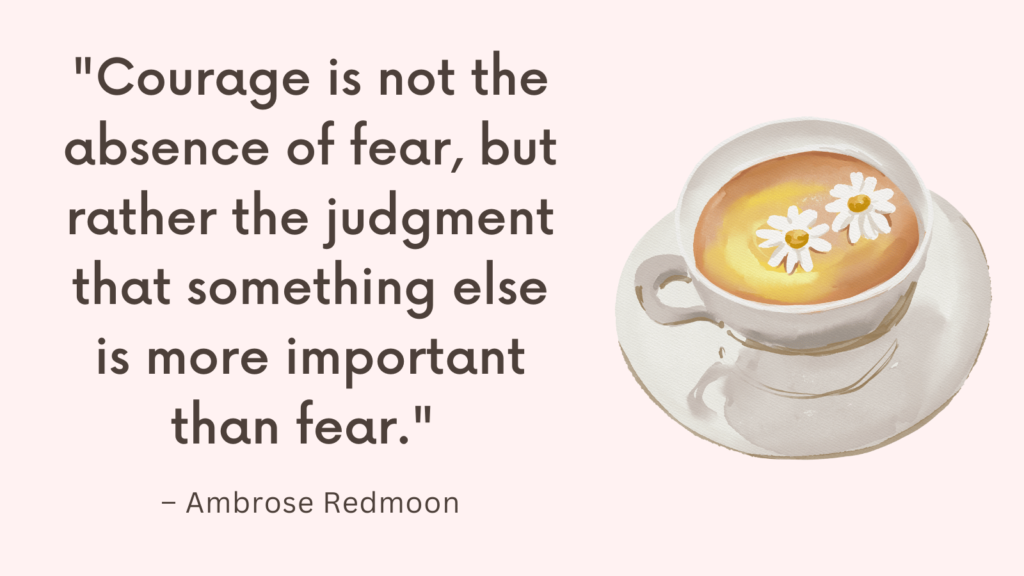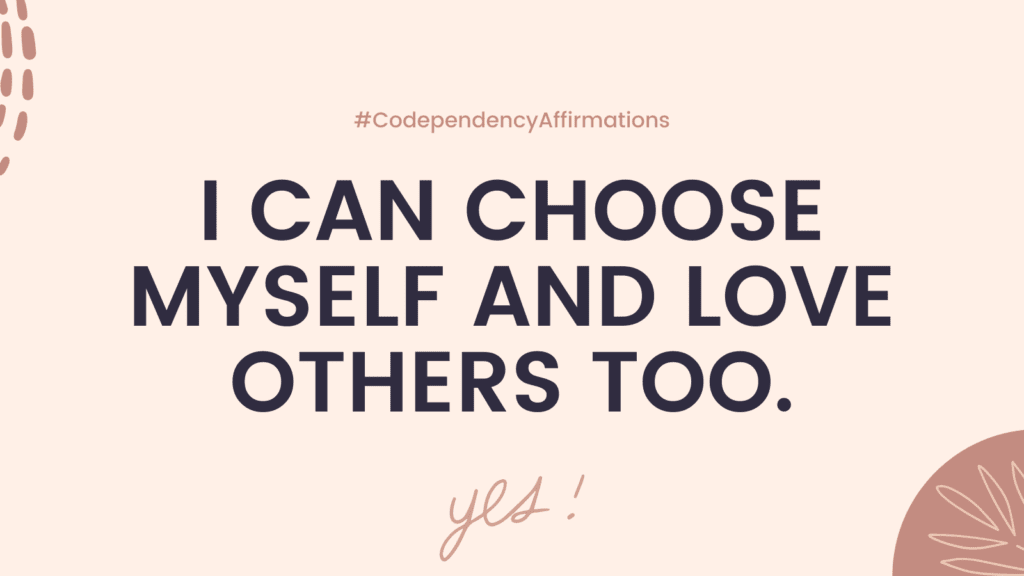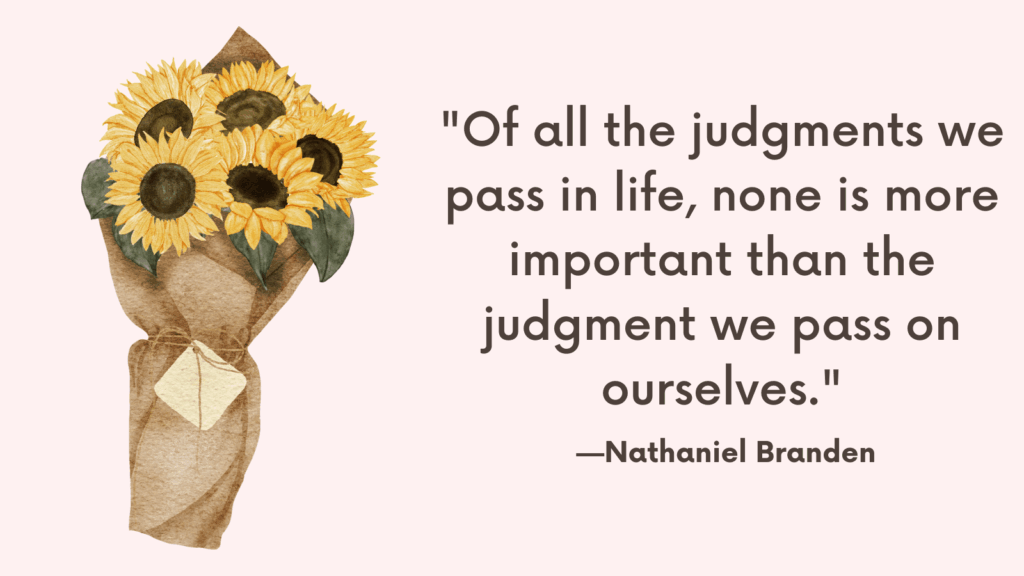This post contains some of the best overcoming codependency exercises.
What Is Codependency?
Codependency is a term used to describe a dysfunctional pattern of behavior in relationships, where one person excessively relies on another for their self-esteem and identity.
It often involves an unequal balance of power and can be emotionally unhealthy for both individuals involved.
Here are some key characteristics of codependency:
1. Excessive caretaking: Codependent individuals tend to prioritize the needs of others over their own, often ignoring or neglecting their own well-being.
2. Low self-esteem: They may have a strong need for external validation, seeking approval and acceptance from others to feel worthwhile.
3. Poor boundaries: Codependent individuals struggle to set clear boundaries, leading to difficulties in asserting their own needs, saying no, or tolerating assertiveness from others.
4. Enabling behaviors: They may enable unhealthy behaviors in others, such as addiction or destructive patterns, due to a fear of confrontation or abandonment.
5. Fear of abandonment: Codependent individuals commonly have an intense fear of rejection or abandonment, which makes it challenging for them to end or distance themselves from toxic relationships.
6. Difficulty expressing emotions: They may struggle to identify and express their own emotions, often prioritizing the feelings of others while suppressing their own.
It’s important to note that codependency is not an official diagnosis, but rather a behavioral pattern that can negatively impact mental health and relationships.
Related: How To Break Codependency Habits For Good? (+FREE Codependency Worksheets)

Best 10 Overcoming Codependency Exercises
Here are some exercises and strategies that can help individuals overcome codependency:
#1. Self-Reflection
Engage in self-reflection to gain insight into your patterns of codependent behavior.
Take time to identify the specific situations, relationships, and behaviors that trigger codependent tendencies.
Ask yourself why you engage in these behaviors and how they may be detrimental to your well-being.
The following are some common reasons why individuals may engage in codependent behaviors:
- Fear of rejection or abandonment
- Difficulty setting healthy boundaries
- A desire to feel needed or validated by others
- Growing up in a family with addiction or other dysfunctional patterns
- A history of trauma or neglect
- Low self-esteem and seeking external validation
- An excessive need for control over others
- Lack of assertiveness skills
- Fear of conflict or confrontation
- A belief that their worth is tied to how much they can help others
- Difficulty in identifying and expressing their own needs and wants
- Guilt or a sense of responsibility for others’ emotions or actions
- Learned behavior from observing codependent relationships in childhood
- Lack of awareness about healthy relationship dynamics and alternative coping strategies
#2. Establish Boundaries
Codependent individuals often struggle with setting and maintaining healthy boundaries.
Practice asserting your needs and setting clear limits with others.
Start with small steps, such as saying “no” when you feel overwhelmed or establishing time for yourself without feeling guilty.
Remember, setting boundaries is essential for maintaining your own emotional well-being.
Here are some important boundaries that codependents may benefit from establishing:
1. Emotional boundaries: Codependents often absorb the emotions of others, leaving little room to prioritize their own feelings. Establishing emotional boundaries involves recognizing and acknowledging your own emotions, as well as identifying when you are taking on others’ emotions unnecessarily.
2. Time boundaries: It is crucial for codependents to allocate time for self-care, personal interests, and relaxation. Setting boundaries around how you spend your time helps create a healthy balance between meeting your own needs and supporting others.
3. Personal space boundaries: Understanding the importance of personal space and solitude is key. Communicate your need for alone time and establish clear boundaries around physical space to maintain your sense of autonomy.
4. Communication boundaries: Codependents often struggle with clear and effective communication. Setting boundaries around how you express your thoughts, feelings, and needs can help you assert yourself while maintaining respectful and healthy interactions.
5. Financial boundaries: Codependents may find themselves financially supporting others to their detriment. Establishing boundaries around financial resources, such as lending money or setting limits on financial assistance, can help prevent enabling behaviors.
6. Enabling boundaries: Codependents often engage in enabling behaviors by trying to rescue or fix others. Recognizing your own limitations and setting boundaries around enabling can promote healthy accountability and personal growth for both yourself and others.
Remember, setting boundaries might initially feel uncomfortable and may be met with resistance from those accustomed to crossing them.
However, by steadily enforcing these boundaries, you can gradually reshape your relationships and create healthier dynamics.
Related: Top 25 Tips On How To Set Boundaries In A Toxic Relationship? (+FREE Worksheets PDF)
#3. Focus on Self-Care
Make self-care a priority. Engage in activities that nurture your physical, emotional, and mental well-being.
This can include exercise, meditation, journaling, spending time with supportive friends, pursuing hobbies, or seeking therapy.
By taking care of yourself, you can cultivate a stronger sense of self-worth and reduce reliance on others for validation.
#4. Identify and Challenge Negative Beliefs
Examine the negative beliefs and thought patterns that contribute to codependency.
Common beliefs may include “I am responsible for other people’s happiness” or “I am not lovable unless I am helping others.”
Challenge these beliefs by questioning their validity and replacing them with more realistic and self-affirming thoughts.
Related: Negative Core Beliefs List (& 8 Tips On How To Challenge Them)
#5. Assertive Communication
Practice assertive communication to express your needs, thoughts, and feelings effectively.
Learn to express yourself honestly and respectfully, while also actively listening to others.
Assertiveness helps build healthier relationships based on mutual respect and understanding, reducing the need for codependent behaviors.
#6. Develop a Support Network
Surround yourself with a supportive network of friends, family, or support groups who understand and respect your journey towards overcoming codependency.
Sharing experiences and receiving validation from others can provide a sense of belonging and encouragement.
#7. Mindfulness Practices
Engage in mindfulness exercises to cultivate present-moment awareness.
This can help you become more attuned to your emotions, thoughts, and behaviors.
Mindfulness practices such as meditation, deep breathing, or body scans can assist in developing self-compassion, reducing anxiety, and improving overall emotional regulation.
Here’s a mindfulness exercise you can try:
1. Find a quiet and comfortable space where you can sit or lie down without distractions.
2. Begin by focusing on your breath. Take a few deep breaths, noticing the sensation of the breath entering and leaving your body. Allow your breath to come and go naturally, without trying to control it.
3. Bring your attention to the present moment. Notice any physical sensations in your body, such as tension, tightness, or discomfort. Without judgment, simply observe these sensations and let them be.
4. Shift your attention to your thoughts and emotions. Notice any thoughts or feelings that arise, especially those related to your codependent tendencies. Rather than getting caught up in these thoughts or trying to push them away, practice observing them from a distance, like clouds passing through the sky.
5. As you continue to observe your thoughts and emotions, bring a sense of curiosity and non-attachment to them. Recognize that your thoughts and emotions are not permanent or defining aspects of who you are. Allow them to come and go, without getting entangled in them.
6. Cultivate self-compassion. Remind yourself that it is natural to have these codependent thoughts and emotions, but they do not define your worth or determine your actions. Offer yourself kindness and understanding as you work towards healthier patterns of relating to others.
7. If you notice yourself getting caught up in rumination or negative self-talk, gently bring your focus back to the present moment and your breath.
Remember, mindfulness is a skill that takes time and practice to develop.
Incorporating regular mindfulness exercises into your daily routine can help you become more aware of your codependent patterns, make intentional choices, and cultivate healthier ways of relating to others.
Related: Best 6 Mindfulness Exercises For Beginners (+FREE Resources)
#9. Develop Interests and Hobbies
Explore new interests and hobbies that allow you to develop a sense of identity outside of your relationships.
Engaging in activities independently can help you establish a stronger sense of self and boost your self-esteem.
#10. Self-Compassion Practice
Cultivate self-compassion by treating yourself with kindness, understanding, and acceptance.
Acknowledge that your worth is not dependent on meeting others’ expectations or fixing their problems.
The following are self compassionate statements to repeat regularly, especially during challenging moments, to reinforce self-compassion and encourage healthier patterns of thinking and behavior.
- “I recognize that I have been prioritizing others’ needs over my own, and it’s time to show myself the care and compassion I deserve.”
- “It’s okay to put myself first and set boundaries to protect my well-being. Taking care of myself is not selfish; it’s necessary.”
- “I acknowledge that I am doing the best I can in this moment, and it’s okay to make mistakes and learn from them.”
- “I forgive myself for past codependent behaviors or enabling actions. I am growing and evolving, and I am committed to making healthier choices.”
- “I deserve love and respect, both from others and from myself. I will treat myself with kindness, just as I would treat a loved one.”
- “I am not responsible for fixing other people’s problems or rescuing them. I trust their ability to handle their own challenges.”
- “I accept that I cannot control everything or everyone around me. I will focus on what is within my control and let go of what is not.”
- “It’s okay to say no and prioritize my own needs. I am allowed to take care of myself without feeling guilty.”
- “I am worthy of healthy and balanced relationships. I will seek out connections that nurture and support me.”
- “I am enough just as I am. My worth is not determined by how much I do for others or how much they depend on me.”
Related: Best 10 Self Compassion Books
Conclusion
Overcoming codependency can be a challenging but rewarding journey of self-discovery and personal growth.



